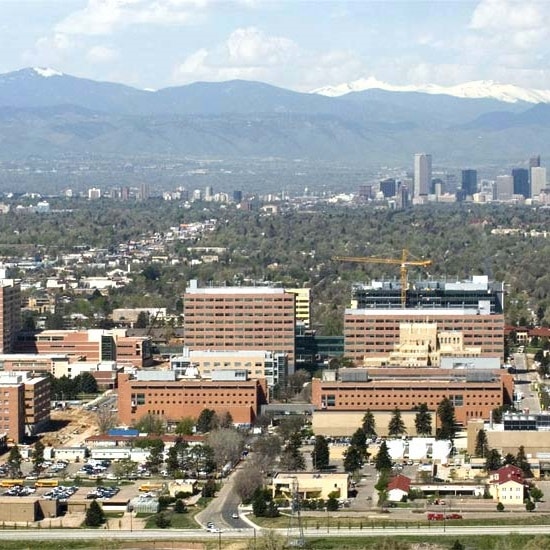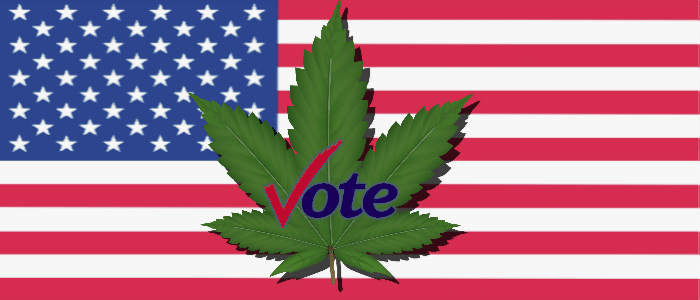 In the lead up to the successful marijuana legalization vote in Colorado in 2012, marijuana opponent Kevin Sabet made the outlandish claim that for every dollar that marijuana legalization would generate for Colorado, there would be ten dollars in ‘social costs.’ These ‘social costs’ include policing stoned drivers, dealing with an uptick in addiction, and a bunch of other stuff that never really became reality. Kevin Sabet has been blasted many times for trying that scare tactic, and rightfully so.
In the lead up to the successful marijuana legalization vote in Colorado in 2012, marijuana opponent Kevin Sabet made the outlandish claim that for every dollar that marijuana legalization would generate for Colorado, there would be ten dollars in ‘social costs.’ These ‘social costs’ include policing stoned drivers, dealing with an uptick in addiction, and a bunch of other stuff that never really became reality. Kevin Sabet has been blasted many times for trying that scare tactic, and rightfully so.
The impact that marijuana legalization has had on Colorado communities has been very positive. Jobs are being created, and tax revenues are being generated. Those marijuana tax dollars are helping schools and homeless communities in Colorado. There are even scholarships set up which are funded by marijuana tax revenues. In every measurable way cannabis legalization is working in Colorado. Colorado State University-Pueblo recently received funding to study what the actual impact marijuana legalization has had on Colorado communities. Per The Denver Channel:
On Monday, Pueblo County officials agreed to provide up to $270,000 in funding to research the impact of marijuana on the community and the efficacy of treating various issues, like post-traumatic stress disorder, with medical marijuana.
Also, a new law calls for $900,000 from Colorado’s Marijuana Tax Cash Fund to be given to CSU-Pueblo for cannabis research. Governor John Hickenlooper signed Senate Bill 191 on Monday, June 6.
“This is a momentous day,” the statement quoted Pueblo County Commissioner Sal Pace as saying. “I am incredibly excited to have real quantifiable data about how cannabis is affecting our community.”
I’m curious to see exactly what the study is going to look at. As with any study, there is the potential that it can be skewed. I really hope that the study is objective and neutral, as it is likely going to be one of the most widely cited studies ever when it comes to marijuana. If the study only focuses on the negatives, and amplifies them, that would be very disheartening. This is a real opportunity to quantify for the world exactly what marijuana legalization does to communities. We already know that it’s working, we just don’t know exactly how well it’s working. This study should shed more light on that.





